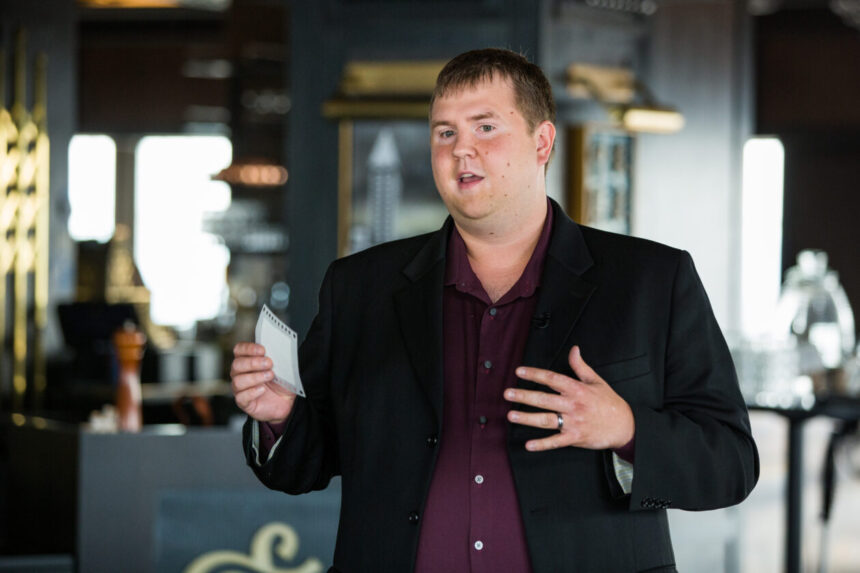Membrion, a Seattle startup that develops industrial wastewater treatment technology, announced that it raised $20 million in a fresh investment round.
The company has raised $40 million since spinning out of the University of Washington in 2016.
Membrion sells modular treatment units that use electrical fields and ceramic desalinization membranes to filter salt and heavy metals such as lead, mercury, arsenic and copper out of contaminated wastewater. The membranes are produced using a silica gel that’s something like the material inside the tiny desiccant packets in a box of new shoes.
Membrion’s technology allows businesses to treat and recycle large quantities of dirty water onsite, avoiding the costs and environmental impacts of trucking it away to be cleaned. It can also be used to recover valuable minerals from the water.
The company’s main customers are U.S.-based firms in sectors such as microelectronics and semiconductor, automotive, food and beverage, and oil and gas.
Membrion has rolled out three commercial deployments to date and is targeting 25 deployments in North America over the next two years. The company has 30 employees.
Investors in the Series B1 round include Pangaea Ventures; PureTerra Ventures; Ecolab Inc.; W. L. Gore & Associates; The Lewis Family Office; Safar Partners; Lam Research; Indico Ventures; and Giantleap Capital.
“With each deployment, Membrion reduces water consumption, chemical waste, and energy use while delivering tangible ROI for their customers,” Sarah Applebaum, partner at Pangaea, said in a statement.
Membrion is led by founder and CEO Greg Newbloom, who founded the company after working on filtering technology for use in fuel cells and water desalination systems.
Read the full article here










